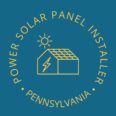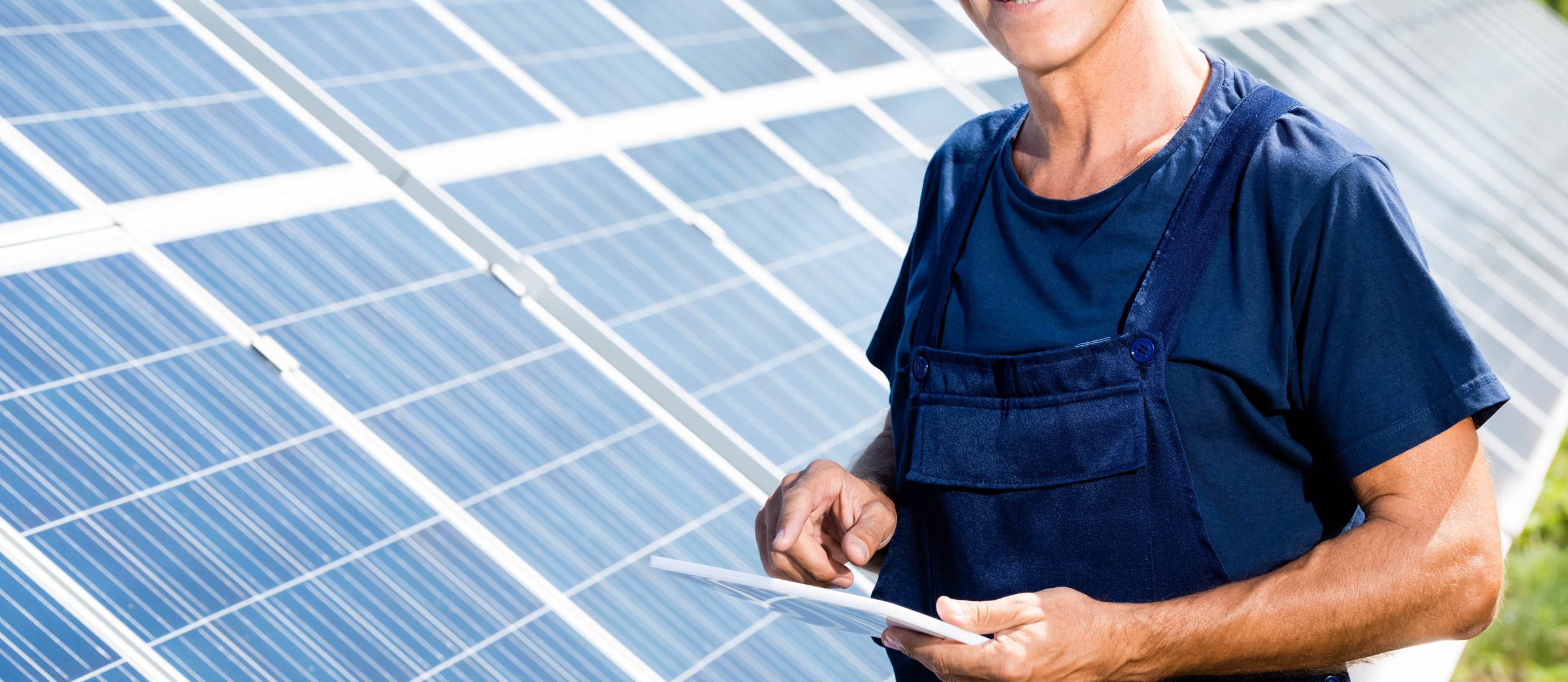
Solar cost pennsylvania
Get Your Free, No-obligation Solar Consultation Now
What Do I Need to Know About Solar Costs in Pennsylvania?
Solar panel cost is influenced by several factors, including where you live and how much sun your home gets. Some states have more sunlight than others, so if you live in one of these states, solar panel installation will be cheaper. You may also qualify for state financial incentives to help offset the costs of solar panels.
How Much Is One Solar Panel in Pennsylvania?
The average price for a 150 to 300-watt solar panel ranges from $112 to $450. This price range is influenced by the price of electricity in your region, the solar panel’s wattage, and the quality of the panel. Most solar manufacturers offer similar pricing, though prices may vary by brand or location. The price of a solar panel also depends on the type of installer you choose and the other equipment you need to install the solar system. In order to determine how much a solar panel system will cost, homeowners must first determine the type of solar panel system they would like and then calculate the cost of installing it. To do this, homeowners should contact local installers like us and get a detailed quote that takes all the factors into account. They should also take into account the federal solar tax credit and any additional incentives offered in their region. However, many of these incentives are only temporary and will expire as solar becomes more common.
The cost of a solar panel will vary depending on the number of panels and other factors, including state and local regulations. The larger the solar panel system, the lower its cost per watt. The cost of installing a solar panel system can vary significantly if the solar installer is building it in a shaded area. If the panels are installed in a shady area, they will not be as effective. In addition to that, removing trees will not only impact the overall cost but will increase energy use in the summer months, defeating the purpose of installing a solar panel.
Do Solar Panels Help Me Save Electricity?
While solar panels will require an initial investment, they are more affordable than electric power in the long run. If you have a high electric bill, solar panels can greatly reduce or eliminate it altogether. It is a wise investment, especially if you consider that electricity rates are on the rise nationwide. You can check the latest rates on the EIA website. Furthermore, the more sunlight you have, the more energy you will produce. The cost of a solar panel system varies depending on factors like quality and location. The most efficient panels will have a higher output, but they may be more expensive. You also have to consider labor costs. Installing a solar system can be expensive, so you should aim for a balance between quality and price. The price of installation is also affected by the number of peak sunlight hours in your area.
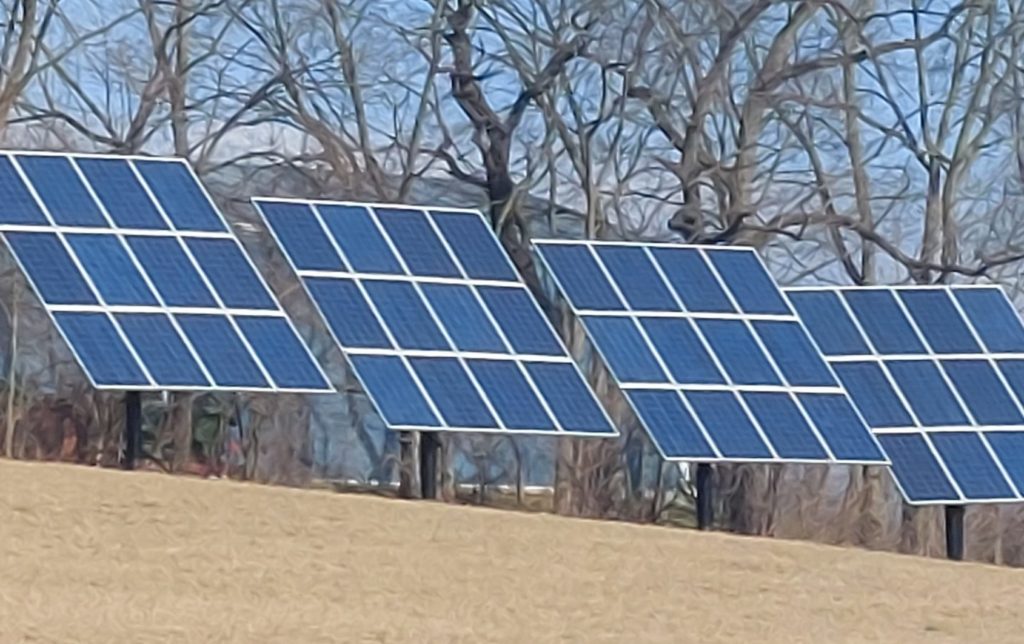
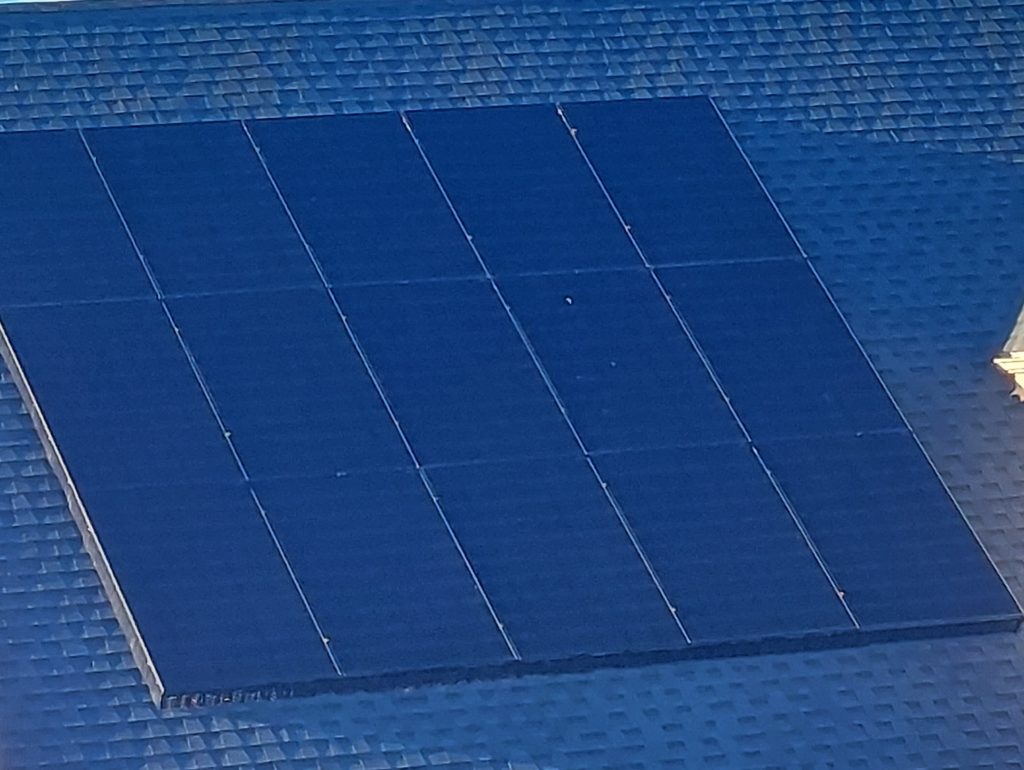
How Long Does a Pennsylvania Solar Panel Last?
Solar panels are typically made to last up to 25-30 years, but their life expectancy will deteriorate slowly. After this period, if you use the solar power that they produce, the energy in the panels will offset the energy they use. That’s called energy payback time (EPBT). In 2010, British scientists discovered that the first solar panel was over 60 years old and still working! It was made by a science teacher who wanted to prove that sunlight could be converted into electricity.
Do Solar Panels Have Warranties?
The warranty period for a solar panel is important to know if you’re purchasing an investment. A good warranty will cover both the entire system and any replacement parts. For example, some companies provide a 25-year warranty on their panels, which means that you won’t have to worry about any problems with them. What’s more, you’ll be guaranteed that the amount of power produced by a single panel will never drop below 8% in that time. Solar panels are made of many different materials. Some manufacturers offer a 30 year warranty on their panels. Others offer warranties for five to ten years. The life expectancy of your solar panel depends on your local climate, the type of panel, its brand, and your maintenance routine. Extreme temperatures and wind may damage solar panels and lower their efficiency.
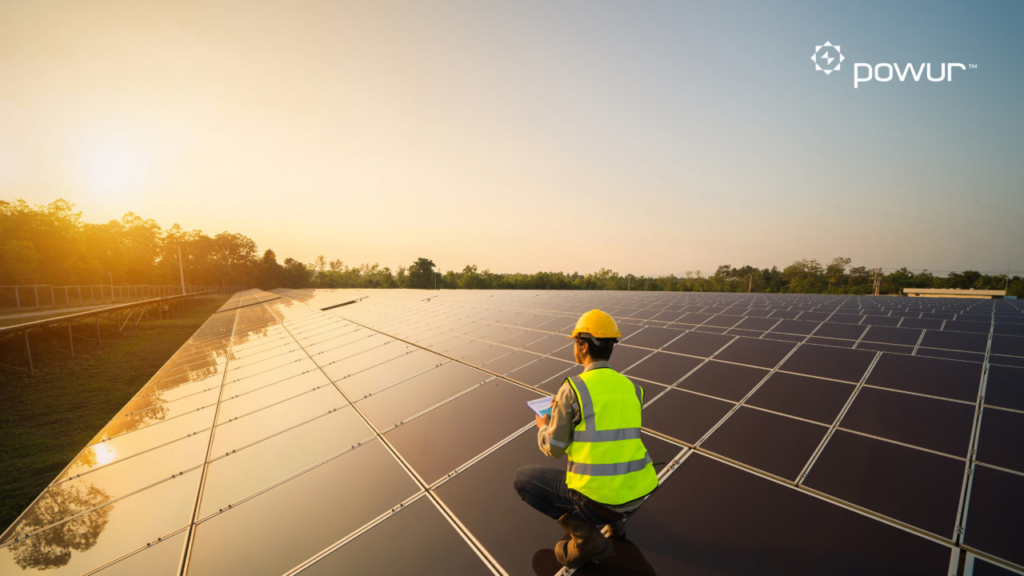
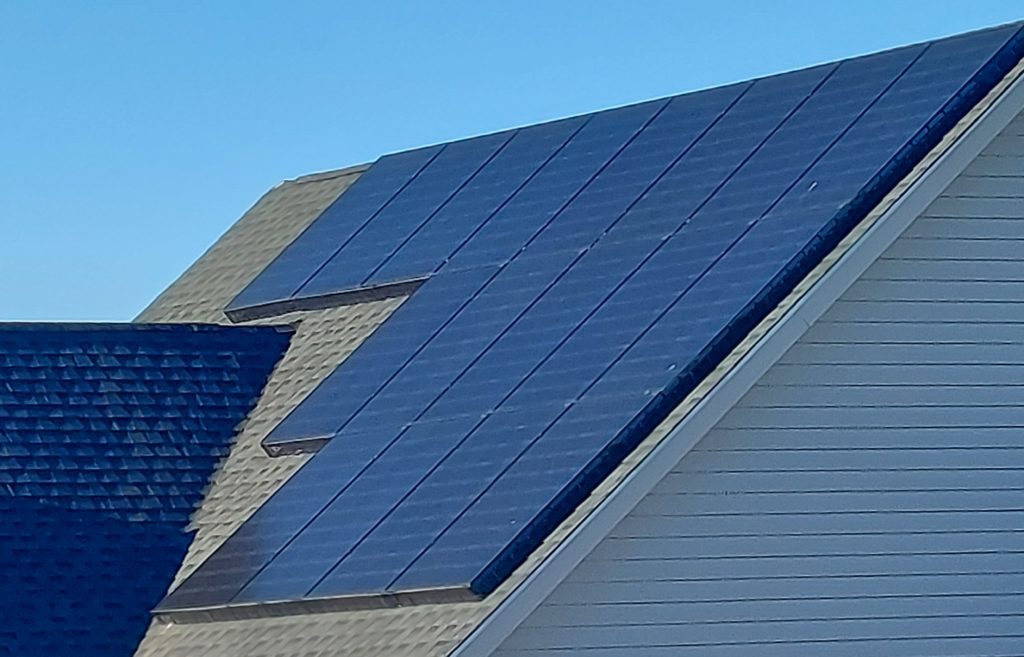
Can I Install My Own Solar Panel?
Putting up a solar panel is not a simple task. You need to know the proper procedures and the right solar energy equipment to get the job done correctly. There are many factors to consider, including the weight of the panels and materials, and whether you are able to complete the job safely. If you plan to install a solar system, you should hire a professional, as this will ensure the safety of the entire project. First of all, you should be aware that you need a lot of experience and knowledge about energy systems. Besides, if you’ve never worked on one before, you can’t expect it to be an easy task. Before you start, you need to decide what you want to achieve with the system and what type of solar system is best suited for your home. In addition, you need to determine the complexity of the installation and its cost. DIY solar panel projects require a large amount of manual labor and time. Also, you may not qualify for certain tax breaks and incentives. In some states, you must hire a certified solar installer for the installation.
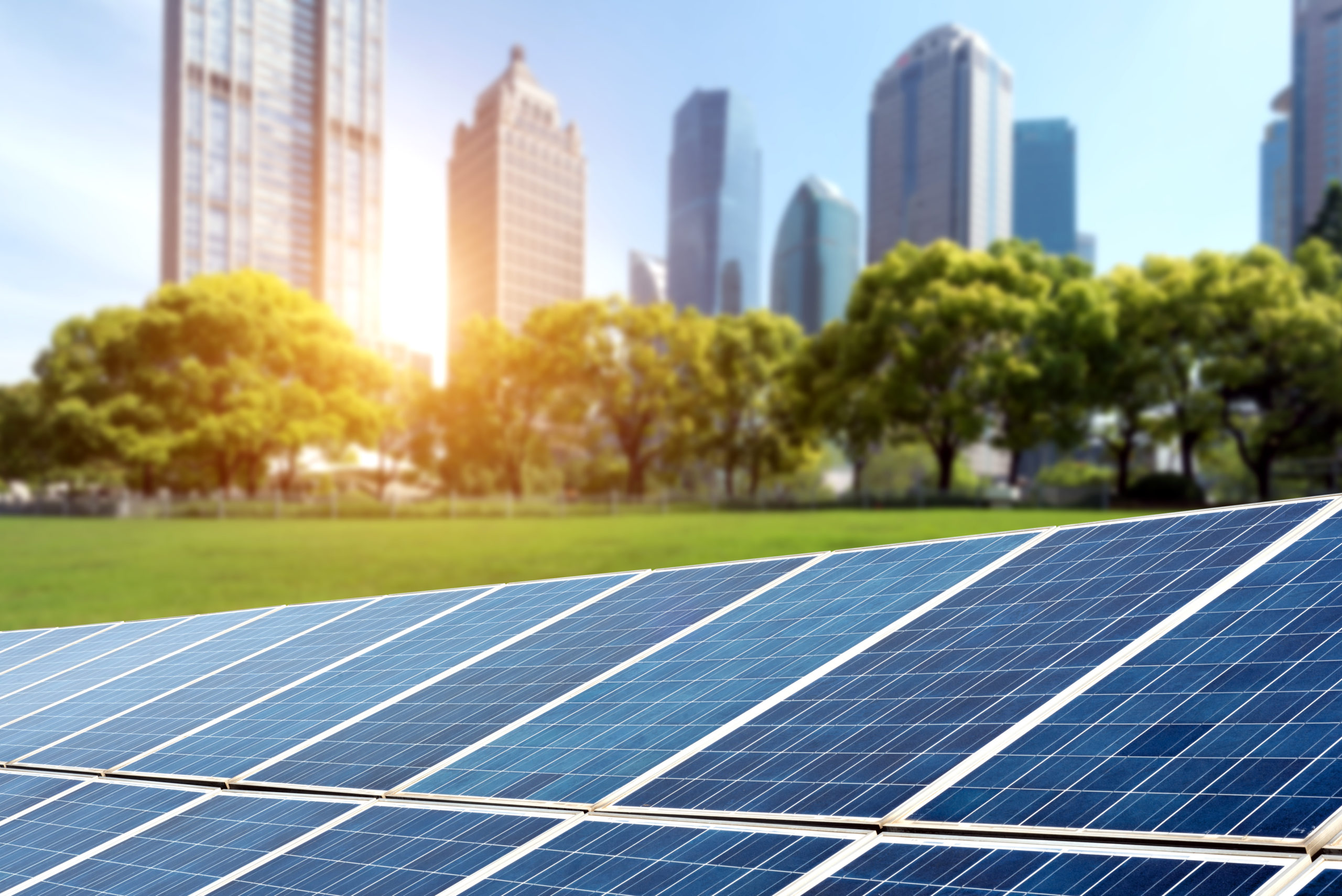
Go Solar with Us,
We Can Answer All Your Solar Cost Questions
Get Your Free, No-Obligation Solar Consultation Now!
Can A House Run on Solar Power Alone?
Running a house on solar power alone is not an easy feat. It involves a lot of investment, more planning, and more precision than traditional setups. Moreover, mistakes can lead to a house not being able to generate enough juice for all of its needs. In addition, it is possible to accidentally set fire to ants or accidentally burn a glass. That’s why a house should be outfitted with sufficient solar battery storage to run entirely on solar energy. The first step in making your house run on solar energy is to determine your average energy load. Your annual electricity bill is a great indicator of your energy load. Using a calculator, you can figure out your energy load for the year and estimate the amount of energy your solar energy system can generate. Depending on your location, running a house on solar energy alone can be difficult. In the Pacific Northwest, there may be weeks when there is no direct sunlight. Conversely, southwestern states may have a few days with overcast skies. Climate plays a major role in the success of solar solution power. Additionally, the sun may not reach your home if there are trees or houses in the way.
Does Solar Power Work in Winter?
When the ambient temperature is low, solar panels become more efficient energy producers. Since solar panels contain photovoltaic cells, which convert sunlight into electrical current, the decrease in ambient temperature increases the voltage produced by these panels. As a result, more electricity is produced, which is beneficial for a homeowner’s electrical bill. In addition, snow has a unique effect on solar absorption. It acts as a reflective surface and therefore, improves PV performance. If you live in a cool climate, solar power may not be the best choice for your home. Despite the short days, it’s still a viable option. In addition to providing electricity, solar panels also contribute to the reduction of greenhouse gas emissions. The great thing about solar panels is that they are capable of producing electricity even in winter. While most people assume that solar panels only work in warm climates, their performance is excellent all over the country.
How Long Does A Solar Battery Last?
The lifespan of a solar battery depends on the type of battery and the usage pattern. A solar battery that is used regularly may last for several years if it is maintained properly. However, frequent charging reduces the battery’s lifespan. The battery’s capacity to store energy decreases as the number of charging cycles increases. There are many types of solar batteries, and the longevity of a solar battery depends on its capacity. Storage capacity is measured in watt-hours. The larger the battery, the longer it will last. A battery with 500 W-h capacity will last around twenty years. In contrast, a battery with 1160 W-h capacity will last ten years and be worth forty kW-h. Larger batteries are more durable than smaller ones because they have a larger surface area. Most solar batteries will last between five and fifteen years and will need replacement within a solar system’s 25 to 30-year lifespan. The battery’s lifespan will vary, however, and is dependent on a number of factors including the type of battery, how often it is used, and where it is stored. Smartphones and laptop batteries, for example, do not last as long between charges.
Do Solar Panels Work At Night?
One question that plagues people who have installed solar panels on their property is if solar panels work at night. Even if the solar panels themselves are not producing electricity at night, net metering allows them to keep doing so. This process allows the excess energy produced by solar panels to be sold to the public power grid, which is often powered by fossil fuels. This surplus power helps to offset the costs of installing and operating solar panels. Some solar panels use batteries to store surplus power. However, batteries are not cheap and can add to the cost of installing and maintaining a solar panel. There are a number of reasons why solar panels may not work at night. The energy that they produce during the day may not be enough to run a home or business. For example, clouds might block the light produced by solar cells because clouds reflected infrared rays back to Earth. In these cases, a solar nightlight can be built into an existing solar cell to generate electricity during the night. This is a useful option for remote locations. Depending on where you live, the peak sun hours may vary. Solar panels are most effective at capturing sunlight, which occurs between 11 am and 4 pm. The angle at which you place your panels will influence how efficient they are. Temperature is also a factor. In hotter climates, solar panels will be less effective during the day. Additionally, the sun’s position is also important.
How Much Is a 20 Panel Solar System?
The average price for a 20 panel solar system in the US is about $18,000. This figure does not include batteries and installation costs. Solar panel prices also vary depending on the type of panels and their size. The price per kilowatt will range from $2.50 to $3 per watt. A 20 panel solar system can produce enough energy to power a small home. The system can also run air conditioning. However, if you want to run your air conditioning constantly, you should install batteries and switch to grid power at night. An average American household uses about 900 kWh of electricity per month. The average solar panel produces approximately 250 to 400 watts of power per hour when sunny. This figure doesn’t take into account that you won’t get six hours of sunlight per day. However, if you live in a sunny climate, a 20 panel solar system will provide enough energy for your home. Another factor that can affect your home solar system price is the quality of the equipment used. A higher-quality system will produce more electricity and will pay for itself over time. Higher-quality solar equipment will also include a warranty.
Can Solar Panels Power Air Conditioners?
It is possible to power air conditioning systems with solar panels. However, a solar PV system must be well-designed and sized so that it can produce enough electricity for hot days. In addition, a solar PV system must be equipped with solar energy storage systems, which allow it to store solar electricity. This way, you can dispense the exact amount of electricity needed during the hottest days of the year. The first step in setting up a solar power system is determining how much electricity your air conditioner requires. You need to know how many kilowatt-hours your air conditioner uses every day to operate. This figure is known as your Solar Production Ratio, which helps you figure out the size of solar panels you need to power your air conditioner. The amount of solar power required by an AC unit depends on a number of factors, including the amount of sunlight that falls on the system and the voltage of your batteries. For example, a typical household AC uses around 3,500 watts. A solar AC panel can generate between 450 and 900 watts of power per day, which can be enough to power an AC unit. Another factor that affects the effectiveness of solar power for air conditioning systems is the amount of solar energy available in your area. Depending on your location, solar power for air conditioning will not be as efficient as it would be for other appliances.
How Much Is Upfront Cost For a Panel Installation?
Depending on the complexity and size of the system, the upfront cost of a solar panel installation can range from $500 to $3,000. The cost of the installation can include everything from deciding on a provider to installing the solar panels. The process will take several weeks to several months, depending on the size and type of panels you choose. In general, solar panel installation consists of five phases: planning, surveying, permitting, and installation. The size of the system is the biggest factor in cost. A larger system is more expensive than a smaller one. However, the per-wattage cost will be cheaper than a smaller system. Also, you can get a better deal by buying solar panels in bulk. The cost of the solar panel installation will vary depending on the type of system you choose and the region you live in. Typically, a residential 5 kW system will cost between $3-$5 per watt. You can get tax credits and incentives for solar panel installation. Installing solar panels can be expensive, but many tax incentives can help you offset the cost. For instance, the federal solar investment tax credit lets you deduct up to 26 percent of the cost of solar panels. The credit is worth up to $7,000, and there is no cap on how much you can deduct. This credit can save you thousands of dollars, depending on how much solar power you plan on installing.

What Do Our Customers Say About Us?
We had a great Powur rep who kept us informed throughout the entire process. Anytime we had questions, he answered them in a timely manner. The team that installed our system was good as well. Highly recommend Powur based on our own experience.
I recently installed solar through Powur on my home. My representative was knowledgeable and very responsive. From start to finish he and their installation teams were prompt, courteous, helpful and very professional. I have already referred them to friends who I think could benefit from the use of solar. And I highly recommend them.
Expertly designed and managed the installation of our solar panel system about two years ago. The system is wonderful and has cut our electric costs from about $400 a month to only about $11 a month. We recommend him highly with no reservations!
Amazing service! saved money! Everything came through as promised! I definitely recommend to others
I had great service from the moment I asked for information. All my questions were answered and I scheduled right away. My rep was there every step of the way and was quick with answers as questions came up. The design team was fast in getting the plans together and approved quickly as well. And after all the work was complete, my rep continued to check in and make sure everything was going satisfactory. i was able to cut my bill in more than half! I cannot recommend Powur enough if you are getting solar
I really enjoyed having my solar project installed with Powur. From start to finish, I got what was promised and have had solar for almost 6 months and couldn’t be happier. It did take a little longer than I would have liked for the installation (5 weeks), but I was updated every week and understand some delays were due to people being sick and things out of their control. But overall, my experience is 5+ and I will be recommending Powur to my neighbors.
